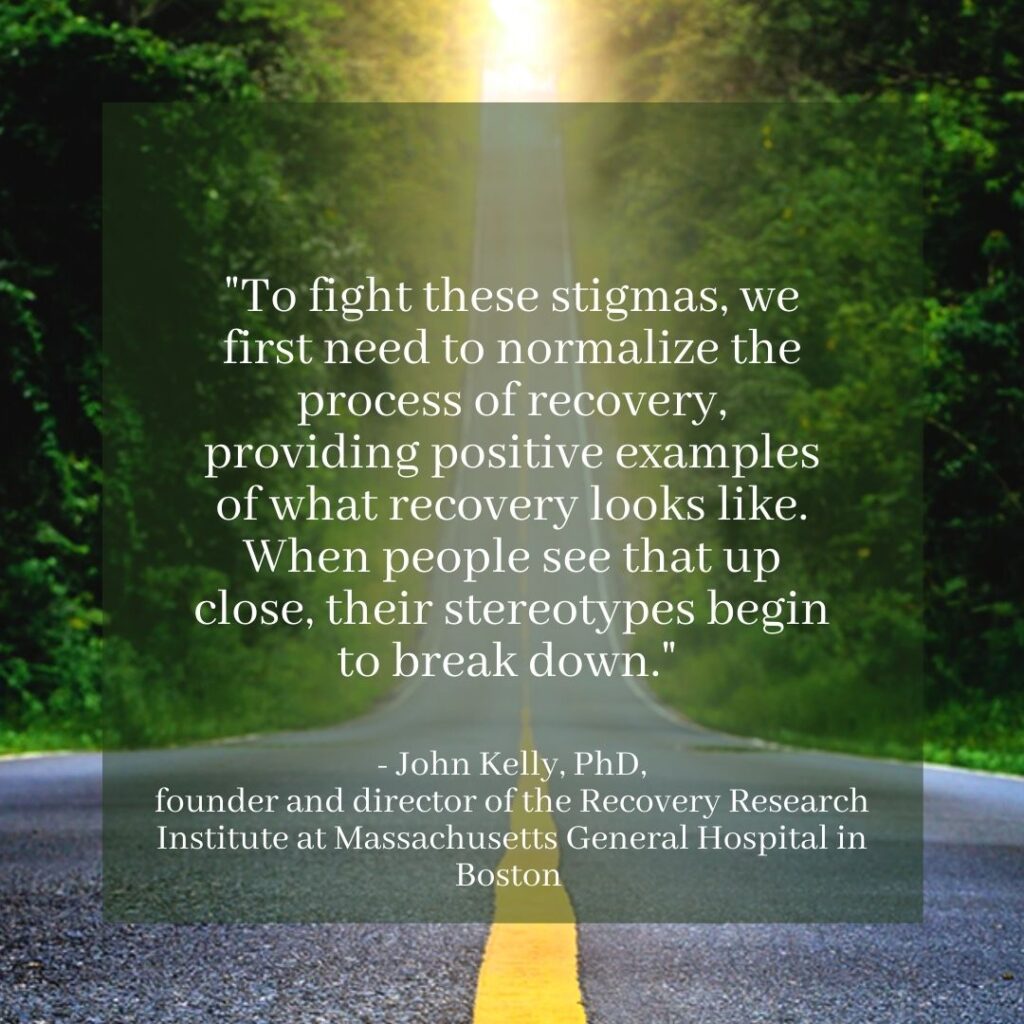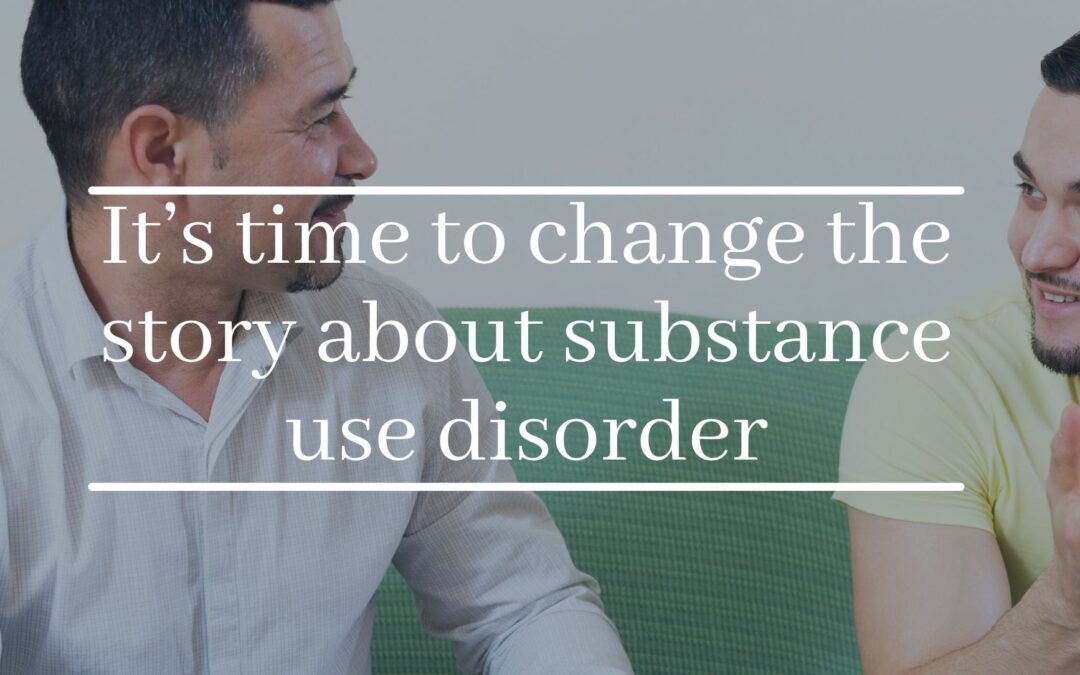Alcoholism was described as a disease way back in the late 1700s by Dr. Benjamin Rush. Addiction is a brain disease marked by the inability to stop the use of alcohol or an addictive substance, regardless of the harm or negative consequences that result from its use. It is a disease, and yet the pervading perception is that addiction is a sign of weakness; a failing of character.
So how did a long-term disease of the brain and body become a failing of the individual who is suffering under its weight? Though there are other medical conditions that receive stigmatization, addiction remains among the most highly stigmatized.
Responses to Addictive Substances
In the United States, the first legal measures against drug use were established in 1875 and continued to evolve over the century that followed. Attempts at controlling access and availability to addictive substances were routinely made with some of the more notable being the Harrison Narcotic Act, amendments to the Constitution, and Prohibition.
In a press conference on June 18, 1971, the “War on Drugs” began. The declaration that drugs and drug ‘abuse’ was “public enemy number one” officially marked the demonization of illicit substances and subsequently, those who used them. By criminalizing the substances, they inadvertently tied that same notion to substance users.
People who had previously been viewed as needing medical intervention had become ‘drug addicts’ or ‘junkies’ or ‘drunks’. They became known as ‘abusers’. From the 70s to the present, the number of incarcerated individuals for drug offences has risen to astronomical numbers, and continues to perpetuate the idea that substance use is deserving of punishment.
“It’s time to change the story about substance use disorder, and that doesn’t necessarily start with me. It starts with the story you’re telling yourself about me.” Claire Rudy Foster
Words Matter
 The very words we use to describe addiction and those who suffer through it mark the way we view it. The terms ‘drug abuse’ and ‘drug abuser’ make an intrinsic connection between substance use and physical, emotional, and sexual abuse. The brain makes these connections whether or not we are aware of this on a conscious level. In a study where physicians and clinical psychologists were exposed to the term “substance abuser” they were more likely to blame the patient for their condition and connect the need for punishment versus support.
The very words we use to describe addiction and those who suffer through it mark the way we view it. The terms ‘drug abuse’ and ‘drug abuser’ make an intrinsic connection between substance use and physical, emotional, and sexual abuse. The brain makes these connections whether or not we are aware of this on a conscious level. In a study where physicians and clinical psychologists were exposed to the term “substance abuser” they were more likely to blame the patient for their condition and connect the need for punishment versus support.
“If we don’t choose our words carefully, we perpetuate bias, cloud understanding and end up distancing ourselves from the people we want to help.” Howard Koh, MD, MPH, a professor in Harvard’s T.H. Chan School of Public Health and former assistant secretary for health at the U.S. Department of Health and Human Services.
It is essential to promote the use of non stigmatizing language among health-care providers, politicians, journalists, law-enforcement officers and other groups involved.
Addiction is a disease. It requires support not demonization and punishment to overcome. It is a malady that grows in isolation and shame, and the pervasive stigma attached to it only serves to make the problem worse. That is why it is so important for any recovery plan to include making group connections and erecting sober supports into everyday life.
“We honor ourselves when we speak out for recovery. We show the world that recovery matters because it brings hope and peace into the lives of individuals and their loved ones.” Beth Wilson
Organizations that work to bridge the gap between addiction and recovery through supportive communities go a long way toward changing the narrative of addiction and how society views those suffering with it. Recovery Community Development is supporting those in the community that are on their road to recovery by providing sober housing, jobs training programs, and social services.
Resources
https://www.rehabs.com/blog/how-and-why-did-the-stigma-of-addiction-begin/
https://www.recovery.org/drug-treatment/history/
https://www.ncbi.nlm.nih.gov/books/NBK384923/
https://www.apa.org/monitor/2019/06/cover-opioids-stigma
https://theblanchardinstitute.com/remove-stigma-drug-addiction/
https://www.statnews.com/2020/12/08/stigma-weaponized-helps-fuel-addiction-crisis/
https://americanaddictioncenters.org/harm-reduction/stigma-of-addiction
https://americanaddictioncenters.org/disease-of-addiction
https://www.recoveryanswers.org/
https://journalofethics.ama-assn.org/article/evolution-addiction-medicine-medical-specialty/2011-12
https://www.history.com/topics/crime/the-war-on-drugs
https://www.etymonline.com/word/stigma
https://pubmed.ncbi.nlm.nih.gov/20005692/
https://www.britannica.com/biography/Benjamin-Rush
https://www.druglibrary.org/schaffer/history/e1910/harrisonact.htm
